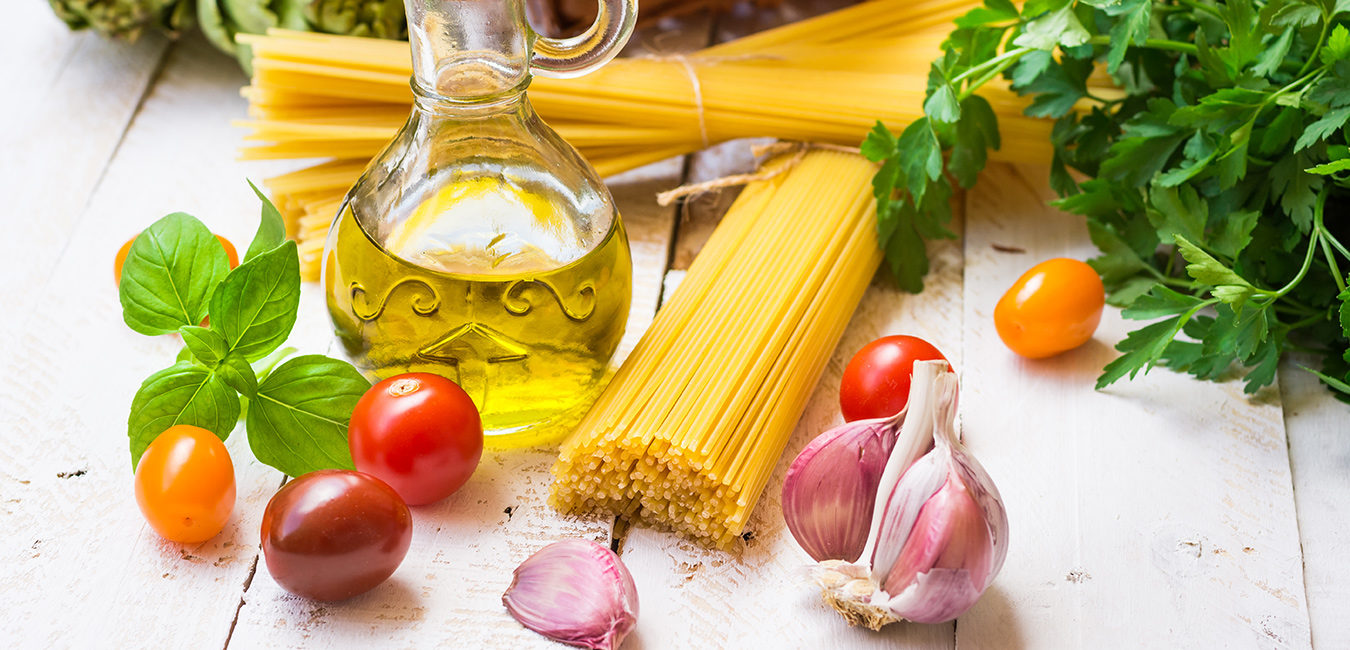You know that lifestyle choices can help your heart’s health. And the evidence just keeps getting stronger.
Consider exercise. Physical activity not only improves weight, lowers cholesterol, and enhances the functioning of your heart, but, a new study shows, it also calms inflammation, a major culprit behind cardiovascular disease and its deadly consequences.
Inflammation is a key part of the body’s immune response, helping the body to heal after an injury and other harms and fending off foreign invaders like bacteria and viruses. But when often undetected low levels of long standing inflammation continue, many conditions, including heart disease, diabetes and obesity, can develop or worsen.
Researchers from the University of California San Diego School of Medicine found that a single 20-minute session of moderate intensity exercise reduces inflammation in the body by activating the brain and sympathetic nervous system. The resulting release of hormones like epinephrine and norepinephrine decreases the production of immune substances called cytokines, or proteins. One key cytokine affected is TNF, which fans inflammation. Luckily, the research shows, you don’t need to run marathons to get a benefit from activity.
Other lifestyle measures also take aim at inflammation, including diet. Certain eating habits, particularly the popular Mediterranean diet, which emphasizes fruits, vegetables, nuts, whole grains, fish, and olive oil, reduce systemic inflammation and the risk of heart disease and other chronic conditions.
Specific anti-inflammation foods can make a surprising difference, as well. Fill your plate with these foods to reduce heart-harming inflammation:
- Berries and cherries.
- Leafy greens, such as collards, spinach and kale.
- Tomatoes.
- Nuts, particularly almonds and walnuts, which boast omega-3 fatty acids.
- Olive oil.
- Fish. Choose salmon, snapper, tuna, cod, halibut and bass, or take a supplement containing the omega-3 fatty acids EPA and DHA. (Cleveland HeartLab’s OmegaCheck™ test measures these heart healthy fats in your diet with a simple blood test.)
- Spices and herbs, including ginger, rosemary, cinnamon, garlic, and turmeric, which is responsible for the bold color of Indian foods.
By the same token, limit foods that do the opposite, fueling inflammation. These include fried foods, red and processed meats, and sugar loads from fruit juices, sugar-sweetened soda pop and energy drinks, and refined carbohydrates, such as cake, pastries and white bread. Look for foods that have less than 8 grams of sugar per serving—lower is better!
Getting enough shut-eye? You should try to if you want to tamp down disease-promoting inflammation. Although sleep requirements vary according to age, overall health and activity level, about six to eight hours a night is optimal. Shorter and longer durations are associated with higher levels of the inflammation marker, C-reactive protein, research shows.
If you want a heads-up on how inflammation due to lifestyle factors may be affecting your heart’s health, consider inflammation testing—in particular, tests of F2-Isoprostanes (F2-IsoPs), which signal oxidative stress often aggravated by poor lifestyle choices and oxidized LDL, which gauges damage due to “bad” LDL cholesterol.
Your doctor may have prescribed medications to control or reduce heart disease risk factors like high cholesterol and elevated blood pressure. But the research suggests that the choices you make every day are still vitally important to reducing inflammation, giving you the best shot at a healthy cardiovascular system.

